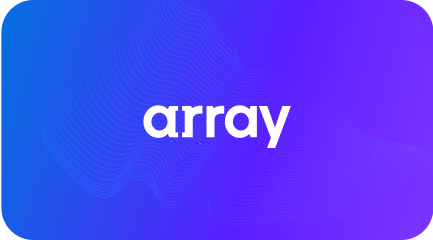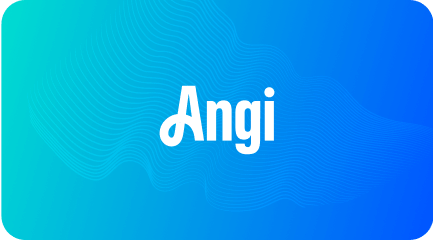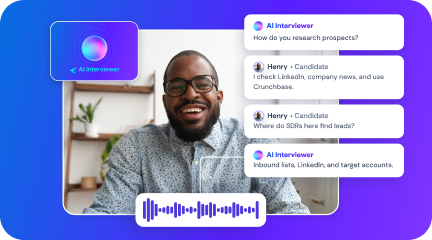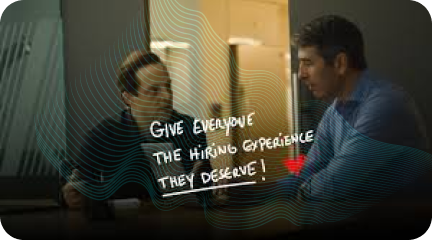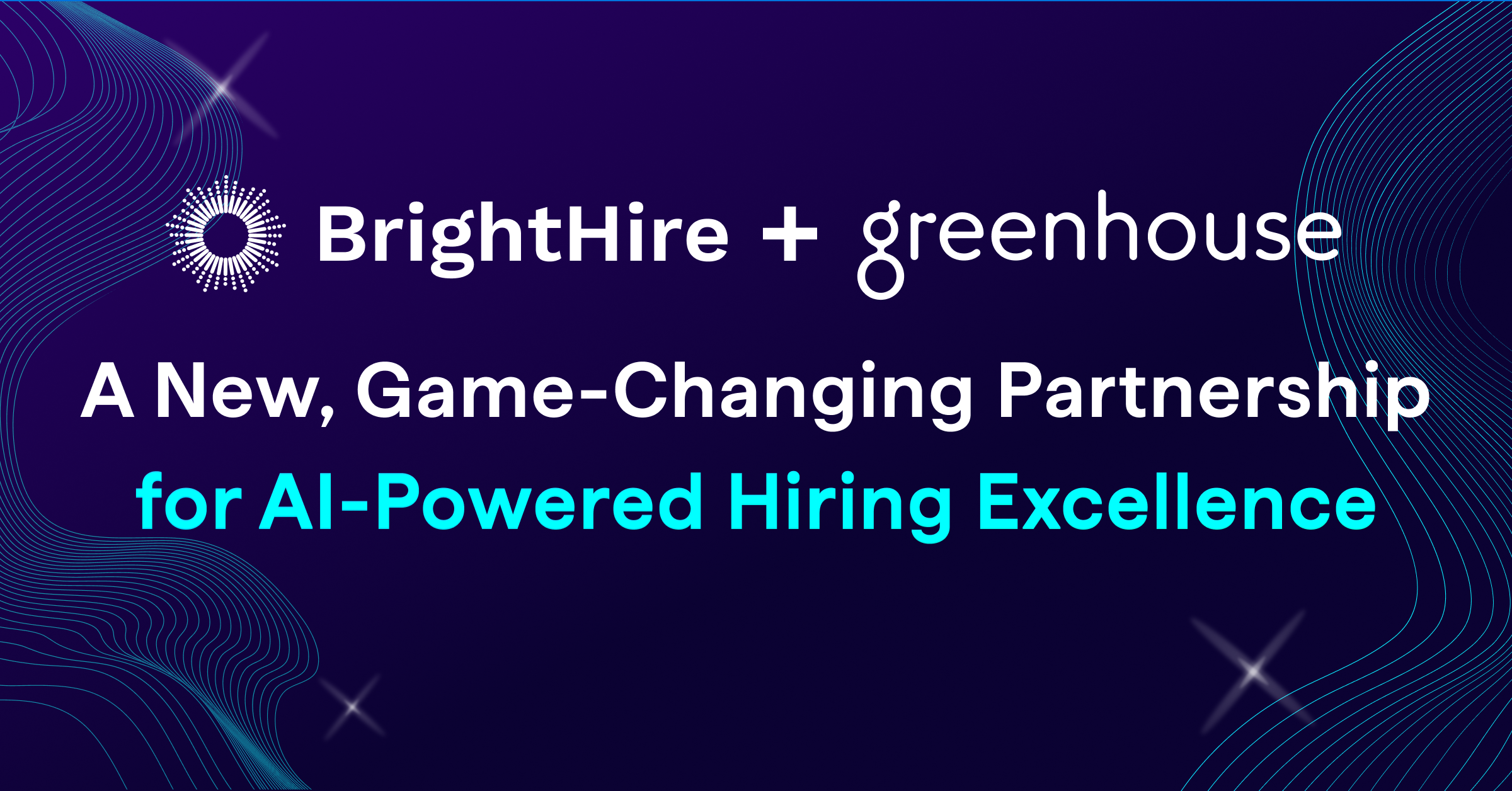How many of your employees are great interviewers? According to Hung Lee’s recent poll, nearly half of recruiters believe only 1 out of 5 employees at their organization are great at interviewing. Unsurprisingly, this lack of confidence has made interview training a top priority for recruiters and talent acquisition teams.
With an interview training program, you can equip interviewers with the knowledge and resources to be great and hire well. A training program teaches interviewers how to ask the right questions, spot good answers, navigate candidate questions, and provide better feedback.
To help you build and scale interview training at your organization, we spoke with talent and recruiting leaders who have made top-notch programs:
- Jenna Young, MBA, PHR, Manager, Global Talent Acquisition Operations at Tekion
- Lizzy Poleski, Manager, Talent Ops at Recharge
- Hayli Thornhill, Head of Recruiting at BrightHire
Read on to uncover their secrets to building an effective interview training program.
5 Keys to Building a Successful Interview Training Program
1. Set your goals & define your metrics
Before planning your program, take a step back and consider your high-level goals. What’s your number one priority? How will you measure if the program is a success?
That’s what Jenna Young and her team at Tekion did when building an interview training program. With plans to grow from 1,000 to 2,300 employees in one year, the team knew this was the perfect time to bring more structure to hiring and improve candidate experience by rolling out a training program.
They began by determining which metrics they wanted to track. Tekion’s indicators of success were:
- Reducing time to fill
- Reducing the number of interview stages
- Increasing interview to offer ratio
- Increasing quality of hire
With this plan in place, they began building an MVP interview training program to teach interviewers how to use their ATS, fill out a scorecard, and follow interview etiquette that increases candidate experience.
Like Tekion, Lizzy Poleski and her team at Recharge were on a hiring sprint to double their headcount in one year. The rapid growth meant that 70% of employees were participating in interviews. To set the interviewers up for success, Lizzy helped embed interview training into the company’s onboarding process.
To build out the program, Lizzy looked at two critical pieces of data: candidate net promoter scores (CNPS) and pass-through rates:
- CNPS. Interviewers are your talent brand, especially for startups. Every interaction a candidate has with an interviewer impacts your talent brand. By monitoring your CNPS, you can gauge how candidates view your hiring process, talent brand, and company. The higher the score, the more favorable their impression is.
- Pass-Through Rates. Pass-through rates show how many active candidates you have at each stage in the hiring process. Lizzy believes pass-through rates are an underutilized metric that can tell you a lot about the inefficiencies or potential misses in your process.
2. Make it memorable
Interview training is notorious for being, well, a snooze fest. However, that doesn’t mean yours has to be that way! It’s essential to make interview training interactive, engaging, and – most importantly – entertaining.
Over her years as a recruiter, Hayli Thornhill has seen the good, bad, and ugly when it comes to interview training. She says the best training programs are relatable to your company. To make it relevant to interviewers, incorporate real examples from your interviews that demonstrate how to ask good questions and spot great answers.
3. Get leadership buy-in
The most effective interview training programs are fully supported by their leadership teams.
Lizzy says, “Leadership buy-in is absolutely everything. If you don’t get support from the top, it’s going to be really hard to get support throughout the whole organization. Finding little ways that you can engage leaders is impactful because then they feel like they’re a part of it. And it’s not just some program that recruiting is trying to get off the ground.”
4. Center it around the candidate
It’s up to interviewers to create a warm, welcoming interview environment that allows candidates to show up as their best selves. Interview training is your opportunity to emphasize interviewers’ vital role in candidate experience and equip them with best practices that put the candidate first.
Help interviewers prioritize candidate experience by covering:
- Active listening. The interviewer should only talk 20% of the time, says Lizzy. Therefore, it’s crucial to save 80% for the interviewee because that’s how you’ll determine if the candidate will be a successful hire and if they can provide a good enough hiring signal.
- Be engaged. Jenna recommends reminding interviewers to show up on time, look at the camera, refrain from engaging with email or Slack during the conversation, and hold the interview in a quiet location. While some of these may seem like common courtesy, it’s helpful to establish expectations with interviewers and ensure everyone’s on the same page.
- Invest time in preparing. A well prepared interviewer can set the tone for a great interview. Interviewers should read the candidate’s resume, confirm questions with the hiring manager, and watch recordings of previous interviews with the candidate before the interview.
5. Go beyond interview training to set interviewers up for success
Take interview training one step further by offering additional opportunities that help interviewers continue to learn and hone their skills.
At Recharge, Lizzy and her team hold kick-off meetings with recruiters and interviewers before hiring for a new role. In the meeting, they discuss what interview questions to cover, what core competencies to look for, and how to assess candidates. This meeting helps extend the training to the actual interview process and helps interviewers align with hiring managers and recruiters.
Start Building Your Interview Training Program
Ready to begin creating an interview training program that helps interviewers walk into any interview with confidence? Watch our entire conversation with Jenna Young, Lizzy Poleski, and Hayli Thornhill to get more tips on building an effective interview training program.
Also, download The Complete Guide to Interview Training for even more advice, frameworks, checklists, and other helpful resources.
